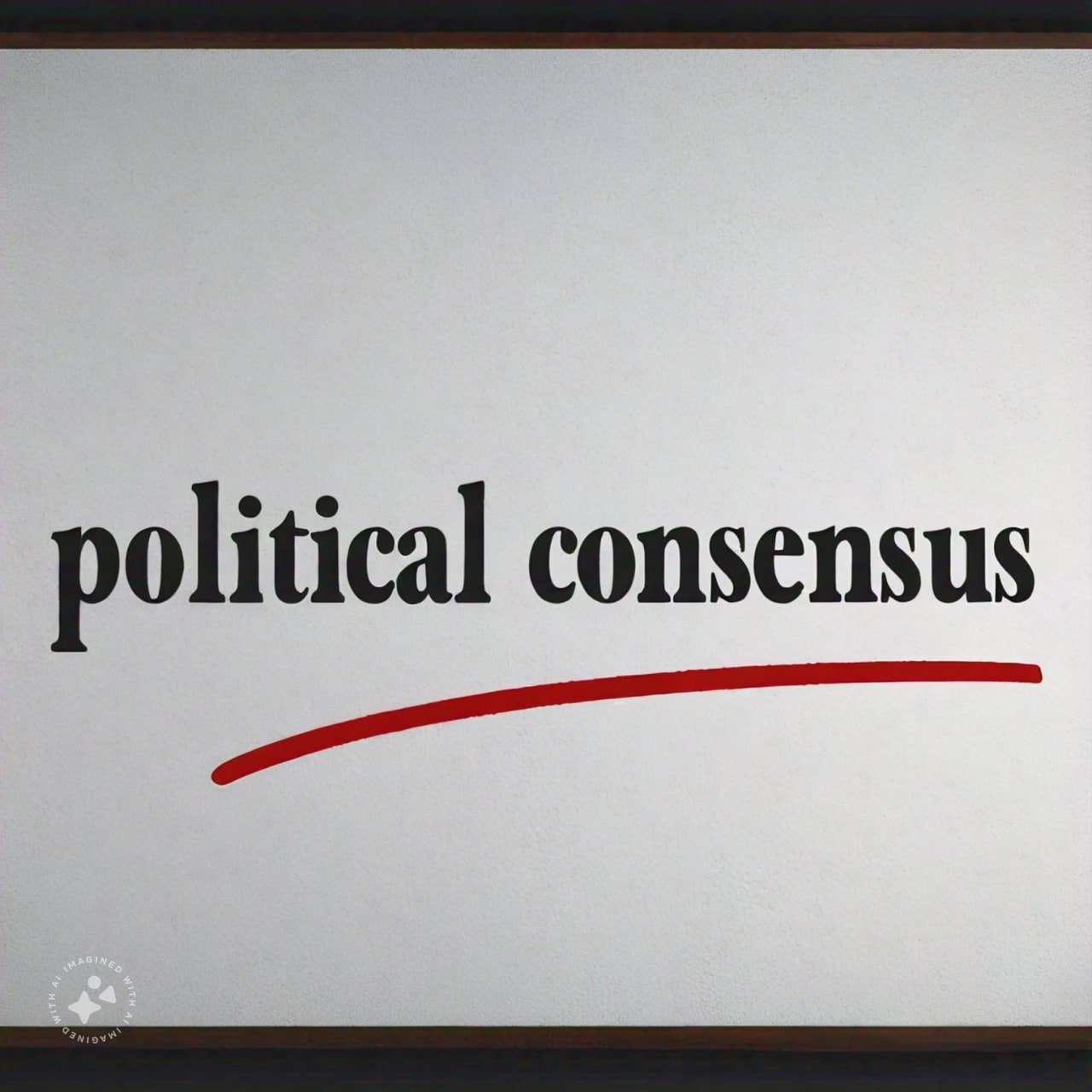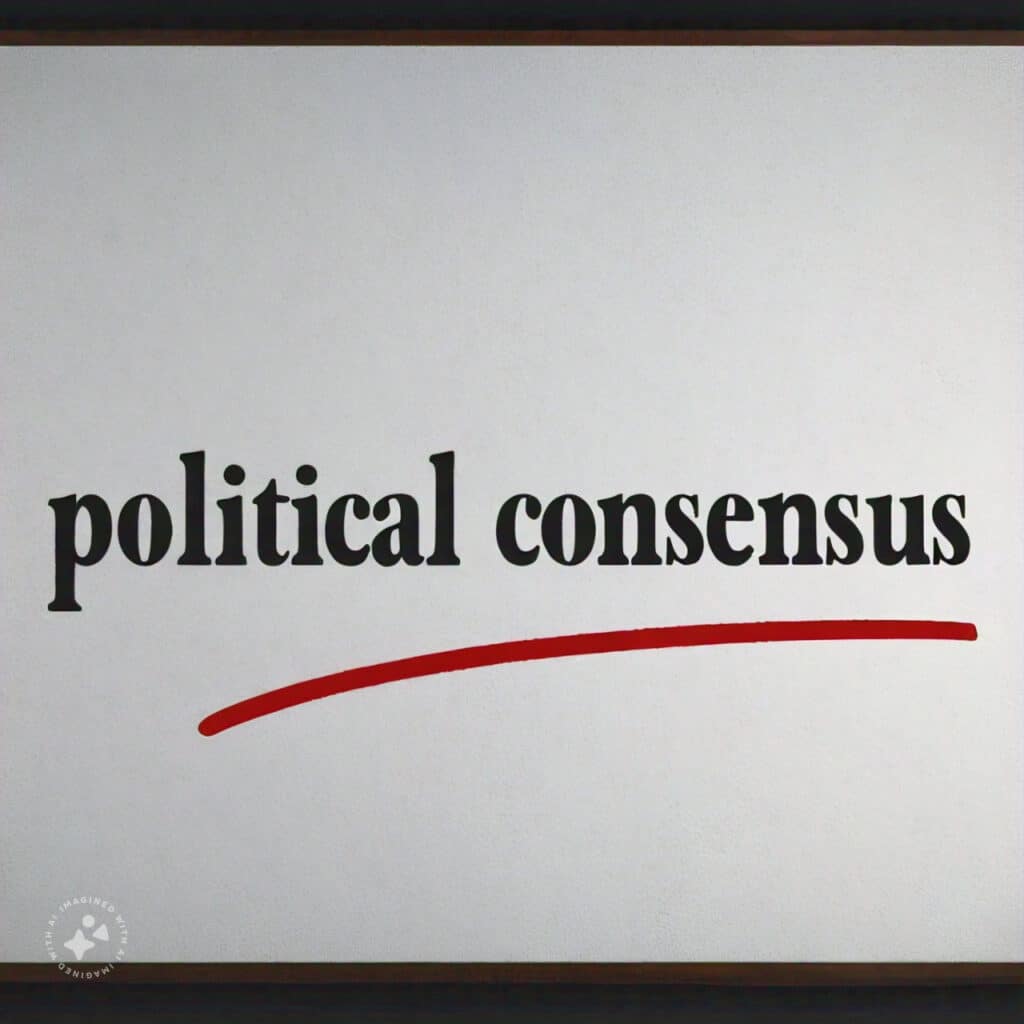Address
304 North Cardinal St.
Dorchester Center, MA 02124
Work Hours
Monday to Friday: 7AM - 7PM
Weekend: 10AM - 5PM

Since the inception of Pakistan, the nation has grappled with a persistent quagmire: the balance of power within the state. The story begins with the power struggle between East Pakistan and West Pakistan, culminating in the Dhaka debacle. During this period, the institutional imbalance was masked by the pursuit of political gains. However, this imbalance has been present since Ayub Khan’s unconstitutional maneuvers and has only intensified, reaching its peak during Zia-ul-Haq’s regime.
A retrospective look reveals that the denial of political consensus has repeatedly led to undemocratic forces taking control, gradually corroding vital state institutions such as the parliament, judiciary, and bureaucracy. These weakened institutions remain at the beck and call of these unwelcome forces. Unless we build our institutions or strike a balance among them, we will continue to hear the “doctrine of necessity” or slogans of “accountability” in various forms.
To address this, a political consensus—akin to a charter of democracy—must be developed, transcending vested interests or prejudices against any political party. Achieving this might even require a party to sacrifice its five-year tenure, but it is a better alternative to lifetime disqualification. Political victimization, stubborn attitudes, and blame games only support the strategy of “divide and rule,” which is being followed rigorously by those who are unwelcome by the public.
People often criticize the electoral body, judiciary, and anti-corruption efforts, either out of naivety or a lack of understanding of Pakistan’s political history. A historical analysis reveals that the institutional imbalance is so profound that these institutions are unlikely to uphold legality or constitutional ideology in conflicts with these unwelcome forces. This situation often resembles a “prisoners of war” dilemma, where political parties, despite multiple betrayals, remain eager to align with these forces for political gain. No politician has yet adopted a different strategy. When questioned, they respond with resignation, explaining that refusing cooperation would merely benefit the opposing party—further highlighting the prisoners of war dilemma.
To overcome this mistrust, a grand political consensus is essential. This is a matter for the political elite to deliberate on. Believe it or not, the political class is the strongest entity, and the parliament holds significant power due to popular support—provided unity is displayed, even if it requires temporary sacrifices. It’s time to bury old hatchets and come together to restore the parliament’s respect through political consensus.
Such unity would lead to the development of robust institutions and a sustainable institutional balance, ultimately curbing the influence of these unwelcome forces and addressing the country’s lingering issues. Only by building strong institutions and fostering political consensus can we ensure that all forces operate within constitutional bounds and contribute to the nation’s progress.
